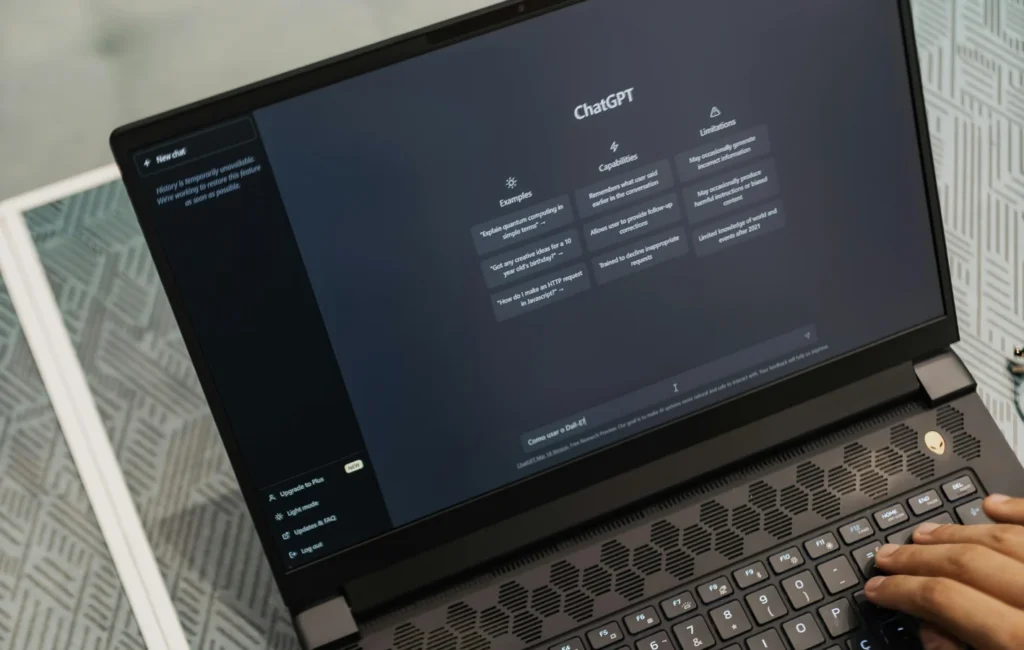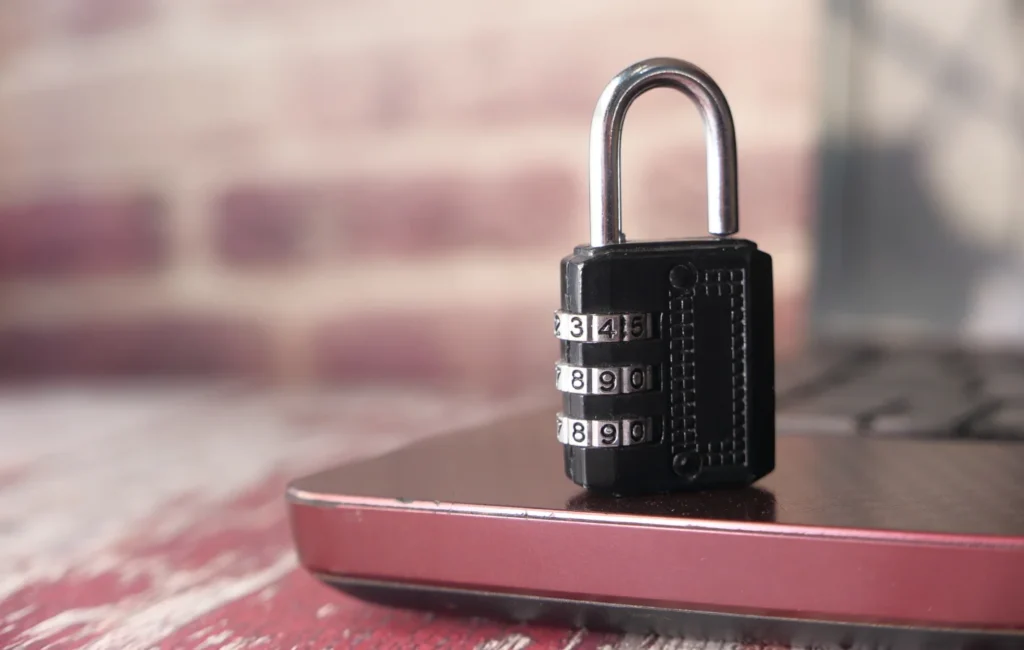AI-powered chatbots including ChatGPT have revolutionized communication during the digital era. Businesses now increasingly turn to artificial intelligence interactions which perform tasks such as answering questions. The adoption of ChatGPT to facilitate conversations generates an essential inquiry about the privacy of these exchanges. The increasing concerns about data security, ethical AI practices and personal privacy necessitate an understanding of how these discussions are managed. D9SOl analyzes ChatGPT’s privacy protocols while addressing AI ethical issues and outlines strategies to protect your data in this blog.
How Secure Are ChatGPT Conversations?
AI revolutionized human-tech exchanges when virtual assistants like ChatGPT became common in day-to-day conversations. The introduction of this technology generates essential privacy questions about the confidentiality of dialogues conducted through ChatGPT. When AI systems joined communication technologies they raised new privacy issues. Users across the globe need to understand how secure and private their conversations with ChatGPT remain.
ChatGPT’s Data Handling Policies
User inputs are processed by ChatGPT’s machine learning model to produce responses. OpenAI which created ChatGPT confirmed that conversations are not retained or utilized for training unless users provide explicit permission. Personal information sharing requires careful consideration since ChatGPT conversations are not accessible to the public. The handling of large data sets by companies creates ethical dilemmas as individuals question how secure their data storage is and who can access this information.
Can ChatGPT Conversations Be Leaked?
Online platforms maintain strong security protocols yet remain vulnerable to some degree of risk. The creators of ChatGPT do not save conversations on their platform for prolonged periods. Users need to stay alert to risks like breaches from external parties and system flaws plus accidental data exposure. When working with AI applications you should follow best practices that include not sharing passwords, financial information, or business secrets.
AI Ethical Concerns in Data Privacy
Modern discussions prioritize AI ethical issues particularly surrounding privacy and data protection. Who owns the data? Who can access it? How is it used? Users and regulatory bodies often ask these same questions. AI regulations are being enforced by governments and organizations across the world to maintain ethical usage standards and protect user data from misuse. Individuals need to read AI policies from firms including OpenAI to grasp their entitlements.
Best Practices for Keeping ChatGPT Chats Private
According to D9SOl educational content users must implement protective measures for their data when engaging with ChatGPT. Here are some best practices:
- Do not share your banking information or personal addresses through chat platforms to maintain their confidentiality. When feasible, utilize ChatGPT under anonymous settings to reduce data linkage.
- Stay updated by frequently examining AI privacy policies from OpenAI and similar organizations.
- Always connect through secure networks and avoid using public Wi-Fi when discussing sensitive information.
Final Verdict: Are ChatGPT Chats Private?
The answer is yes — with certain caveats. ChatGPT has privacy protections, but users should be wary. II—Data privacy and knowledge of practices. Even though there are certain significant projects in the field of data protection, there could still be ethical issues in AI technology considering it generates data that can put most of the users at risk who are not knowledgeable about data management practices. D9SOl promotes ethical AI practices and encourages users to keep themselves updated regarding changing privacy laws.



